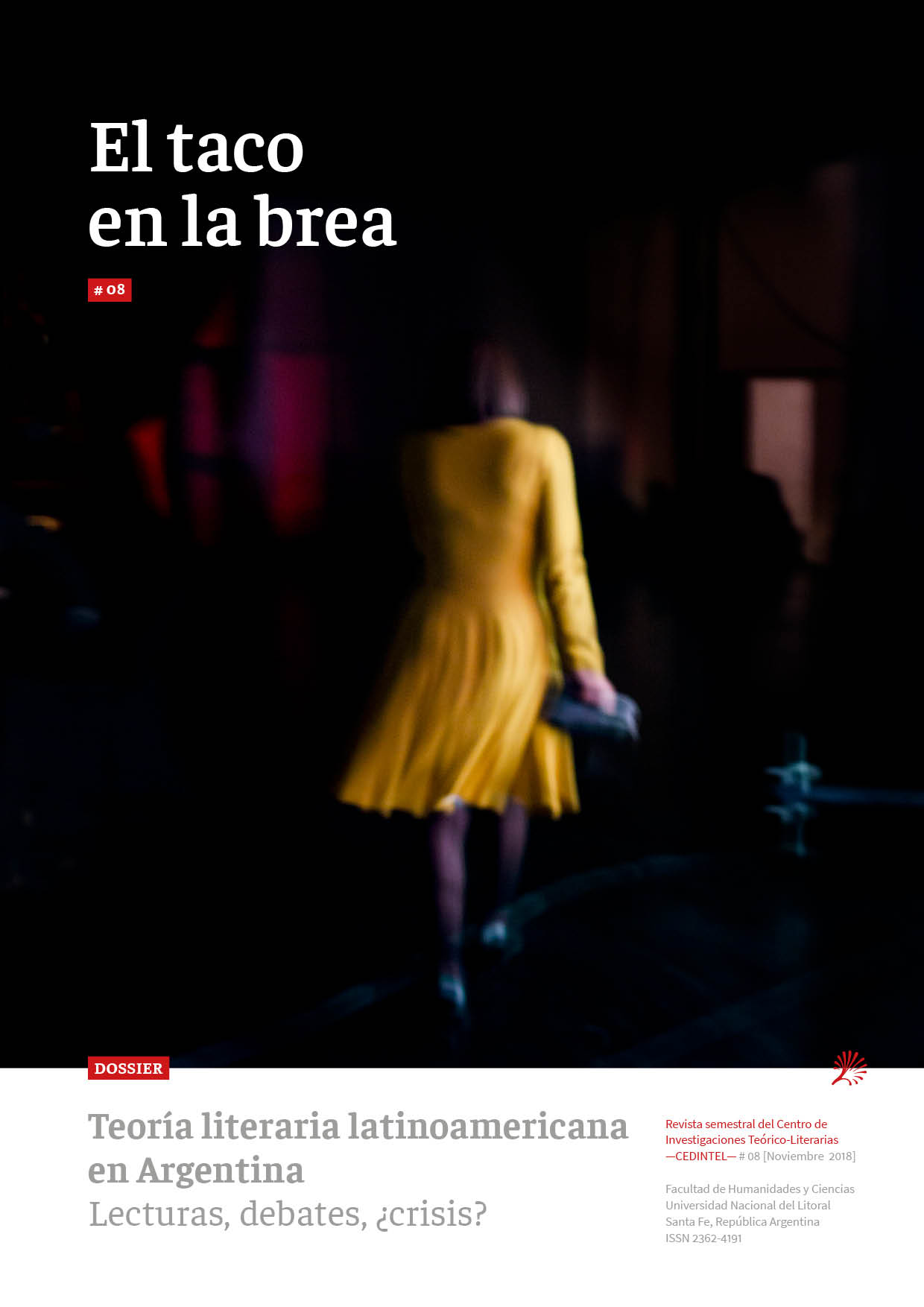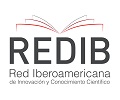Anacrusis, beggining and silence. Blanchot and the (non human)voice from elsewhere
DOI:
https://doi.org/10.14409/tb.v1i8.7740Keywords:
Blanchot des Forêts, infant, silenceAbstract
In the texts dedicated to Louis-René des Forêts, Maurice Blanchot deepens his analysis of the curious coexistence of voice, death and silence that occurs in the figure of the infant. Both writers find themselves facing a voice that, coming from the non-human (from the space beyond the grave), is unassignable and resists the passage to meaning that characterizes Man. In the itinerary we propose, a voice that does not oppose or exclude silence appears, as well as a silence that does not derive from the silence of speech. In such a way, the inaudible difference between naître (being born) and n’être (not being) acquires the calm fury of those enigmatic poems of des Forêts, the poet who, immersed in mutism, found that in order not to write he would have to write endlessly until the end (or from it).





















